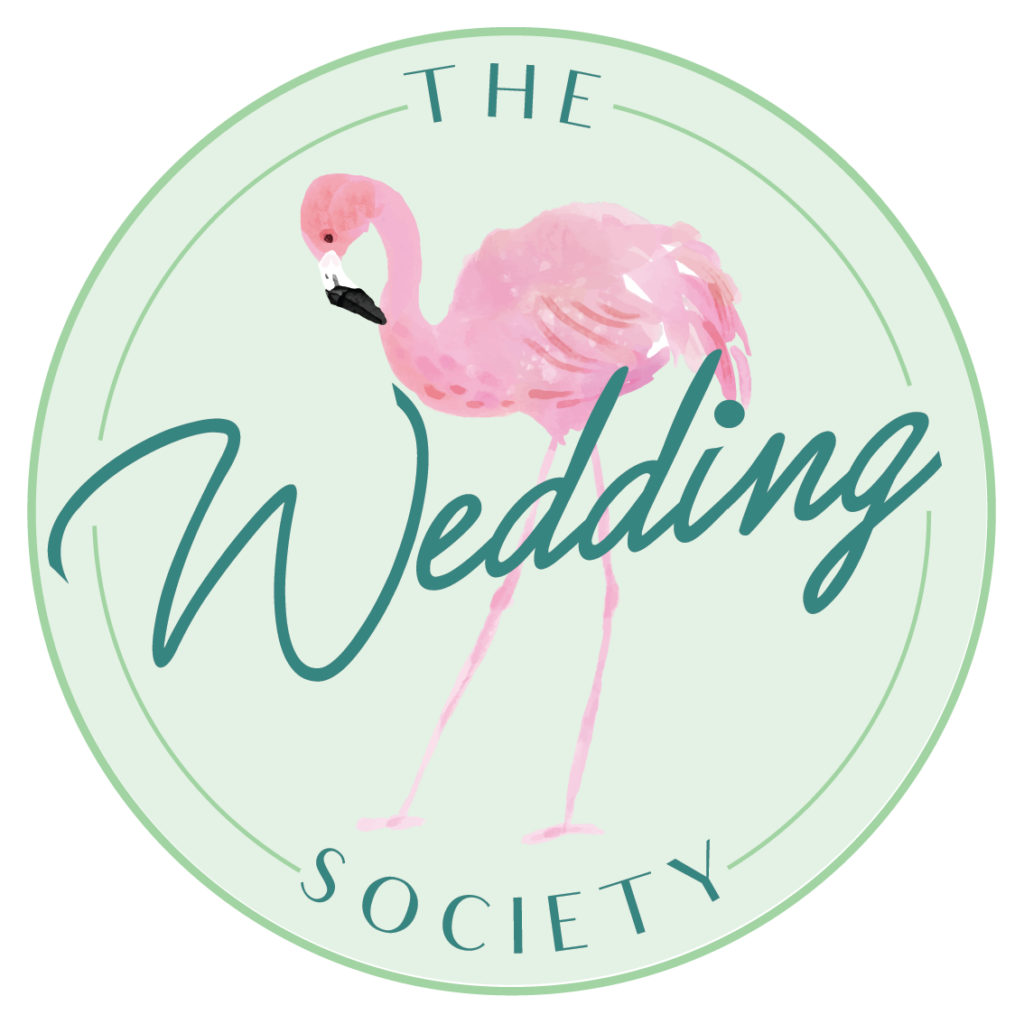Community Over Competition… what a buzzphrase in our industry right now, huh?? The idea of an entire group of competing professionals hugging it out and sharing the love is the stuff of our Flower Power Parents’ dreams, but is it all it’s cracked up to be? And what about those of us who aren’t the huggy type??

The phrase itself started out many years ago as a small, tactical guerrilla movement against the overbearing force of industry standards where negativity ruled and nastiness reigned. In a climate where your direct competitor was your biggest enemy and passive aggressive behaviour was the social standard, a few small pockets of peeps decided there must be a better way to work. Sarah and I were part of one of those pockets many years ago and we’ve been incredibly lucky not only to witness a huge shift in mentality over the last several years, but to instigate some leadership in that change here in Australia.

Here we were, hiding our flaws, battling it out for business, afraid to show any sort of professional vulnerability for fear of being made fun of at best and bullied at worst. And then something awesome happened. Our professional environment turned into a safe space where we could seek help, be cheered for our triumphs and freely express our imperfections to our peers in a supportive and encouraging environment.

But with great change comes great confusion, and for every 10 professionals who nail the meaning of Community over Competition, there are a few more who just… don’t… get it. Or have forgotten it. So, what did we really mean when we started the movement?
Has it changed from that original, encouraging and exciting place? And most importantly, do you truly get what it means to be an ace professional who embodies Community Over Competition while still maintaining your own professional privacy/uniqueness/joie de vivre?? We’ve broken down the fundamentals over three instalments:
- Communication
- Assistance
- Networking
Today we’re tackling the talk. Communication.

- Building Community Through Communication
It’s pretty simple, really – the art of not being a jerk. It goes back to the simple life lessons that what we learned in the sandpit: Think before you speak, be gentle, play nice, and if you don’t have anything kind to say then just try not actually saying anything.
You know how to do this, already. Everyone does. It’s that point where you have the choice to say something that you know may be hurtful, offensive, divisive, or unkind, and choosing to either refrain from saying it altogether or rephrasing it. Unfortunately, so many of us too often choose to dabble in the Option A column, unable to help ourselves from saying that thing that makes our Smaller Self feel great but our Higher Self have its wings clipped. So, because we like to dish out implementable chunks of gold, we’ve laid out the three foundational points of great communication in your professional community, using a few solid examples taken from real life conversations that we have witnessed online:
- Rephrasing Your Comments
EXAMPLE 1
“It’s a good video but sorry, that audio is absolutely terrible.” (stated by Jerky McJerkface)
Can easily be turned into:
“What a great film! Can I ask how you did the audio? There are some spots that sound a little grainy and I’m wondering if there’s a way we could work out how you can fix this for next time.”
EXAMPLE 2
“I would never treat my clients like that. I think it’s totally unprofessional.”
(Okay, jerkalotomous. Calm down.)
Could easily be:
“That’s an interesting approach. I guess we’re all different, but I find it’s most effective when I approach my clients [this specific way]. It can be hard sometimes, particularly when we want to please our clients, but I know that – for me – it’s important to express as much professionalism as I can.”
See what we’re getting at? Putting someone down will never make them better at their job or you better at yours. Helping to shift a mindset using kindness and encouragement, though, definitely makes you a leader in this industry.
- Responding to Comments
Half of the communication work is in what we’ve just outlaid above (Refraining or Rephrasing) and the other half is in meeting unkindness with kindness. This is the tricky one but arguably the most important – the ability to choose not to react to something that offends you is most definitely a learned art that takes honing of your “nice person” skills. Big time. But, it’s so bloody important not only for your professional relationships but also for your own personal happiness.
So, using the above examples:
EXAMPLE 1
Mr. Knickers-in-a-knot:
“It’s a good video but sorry, that audio is absolutely terrible.”
What we all want to say:
“Umm, excuse ME – that’s kind of rude!!! Way to be supportive… [sarcasm, sarcasm, snarkiness, shaming, sarcasm].”
(Lower Self feeling GREAT at this point, doing snow angels in the muddy pit of judgement)
Ultimate legend response:
“Thanks for saying it’s a good video! I know you probably meant well with the feedback about the audio, but the way you have worded it is a little hurtful (insert tear emoji to let them know that you’re an actual human being and not a dirty computer screen).
Were you referring to [this specific point in the video]? I struggled to capture their audio because of [this particular issue] but I’d welcome any suggestions you might have on how I can avoid that problem next time.”
EXAMPLE 2
Mrs. Needs-a-nap:
“I would never treat my clients like that. I think it’s totally unprofessional.”
What we all want to say:
“You want to talk about professional, Beryl?? I have it on good authority that you cancelled on a couple and retained their deposit for no good reason, because you wanted some extra cash for your Bali holiday. Throwing stones in glass houses… FOR SHAME!!!”
Ultimate legend response:
(Three deep breaths and then…) “I think it’s great that you really value the highest level of professionalism, Beryl. I’m sure your clients absolutely love your approach. Luckily we’re all different and we attract different clients. I trust from my client feedback that the service I provide is really valued by them, but I appreciate your viewpoint, as well. Thank goodness for variety in the market, huh?? (insert big smiley face emoji because nobody can dull your shine, you magnificent creature)”
You can also do this for other people if you see a negative comment directed at someone else. So often, especially in a group online setting, one negative comment ends up in a ganging up and explosion of 80 negative comments to reprimand the one original negative comment. Yah. Ironic, huh? Luckily, it only takes one person to reset the tone of the conversation and remind people to not be jerks.

Letting Things Go
Lastly, effective communication is often achieved by what is NOT said. I learned a long time ago to not easily be offended. I learned it by watching so many friends be often and greatly offended by the actions, words, and existence of people around them while conveniently IGNORING the many times and ways that they manage to inadvertently and unintentionally offend others.
I don’t often take offence because I know how often I offend without meaning to. Everybody does. If you, our beautiful reader, think you don’t offend people, think again. You do. And when you offend someone without realising it, life would be so much kinder if the person you offended stopped for a minute to assume you meant the best, right? What if you had the power to grant that gift to others? Mate, you do.
If you see something you don’t like or a person whose words or actions rub you the wrong way, LET IT GO. There’s no use being offended. Just let it go – ignore it, don’t take it as a personal attack on your very being. Let. It. Go. If you have the fortitude, go one step further and try considering things from that person’s perspective. Trust us, it does wonders for your own personal and professional growth. The more you can understand people with empathy and compassion, the better service provider you will be for your own clients.
In all interactions you have with professional colleagues, assume that the intention is good. Always. We’re a coupla glass-half-full kinda gals and it’s hard for us to jump to the conclusion that people are seeking out the worst. We tend to succeed by trusting that everyone we encounter has good intentions until explicitly proven otherwise, even if their execution is abhorrent. Though this might seem like a real challenge to those of you who have reason to distrust or look for the worst-case scenario, I promise you that it is one of the most important keys to how we have succeeded – simply choosing to see the best in everyone and treating them exactly that way.

See you next time for the second instalment!



